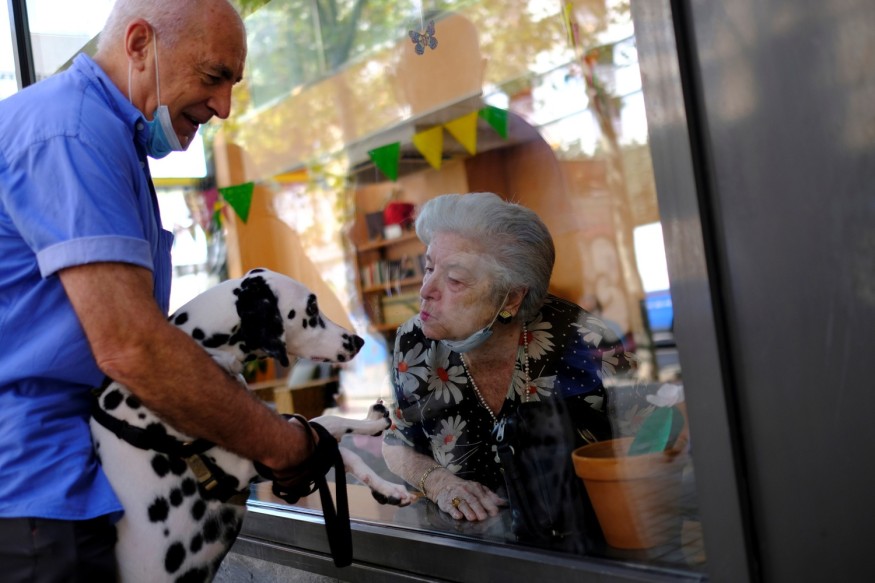Aging Immune System Makes Old People More Vulnerable to COVID-19

An aging immune system is one of the primary reasons older people are more vulnerable to COVID-19.
Patients in their senior years have been tagged as COVID-19 high-risk. This is because statistics show, an 80-years-old and above are more likely to die from the disease than a 40-year-old patient.
According to the Centers for Disease Control and Prevention website, 8 out of 10 COVID-19 deaths in the U.S. were aged 65 years old and above.
According to some scientists, what makes them more vulnerable to COVID-19 is their underlying conditions such as diabetes or maybe a lung disease.
However, that is only part of the reason. Another reason that increases the risk among old-people that research also needs to focus on is the aging immune system.
An article on Deccan Herald stated that the body, particularly the immune system, undergo many complicated things that overtime changes and aged the immunity landscape.
Scientists say that paying attention to the aging immune system could help understand why people become more vulnerable to diseases as their age advances.
More importantly, it can lead to better strategies in coming up with a vaccine and a treatment for COVID-19.
Immunology professor at the University College London, Arne Akbar, published an article in the Science journal explaining the state of the research done on the aging immune system.
So, how does the immune system works? When a virus enters a body, the cells in the first line of defense immediately send out an alert and instructions to other cells. This provokes inflammation to start knocking down the infiltrating virus.
Even when there is no infection, the innate immune system is also responsible for cleaning up damaged cells.
But in an older person, the immune system gets overwhelmed by these damaged cells, so they slide into a state of being always alert, and because it provokes inflammation, it is also in a constant state of inflammation.
It is also believed that aging changes the elderly cells in tissues in the body and releases their own inflammatory substances, according to the chief executive of the Buck Institute for Research on Aging, Dr. Eric Verdin.
And this results in the presence of higher levels of immune proteins such as the cytokines.
An aging immune system is why a 65-year-old has high cytokines levels despite being healthy.
All these inflammation makes it hard for an aging immune system to fight off viruses, and there is also the danger that the innate immune system might overreact.
According to Dr. Verdin, they believed that an aging immune system might be linked to reports of patients with severe COVID-19 having organ failure. This is caused by increased levels of cytokine, said a report on The New York Times.
Another reason why an aging immune system should be taken into consideration in the research is that the inflammation is one the reasons why vaccines do not work sometimes, and it could also happen to COVID-19 vaccines.
Check these out:
COVID-19 Among Young and Healthy May Lead to Long-Term Illness
COVID-19 Vaccine: President Trump Says the Vaccine May Be Available by October Already
AstraZeneca COVID-19 Vaccine Study on Hold Over Safety Concerns
Subscribe to Latin Post!
Sign up for our free newsletter for the Latest coverage!
© 2025 Latin Post. All rights reserved. Do not reproduce without permission.












